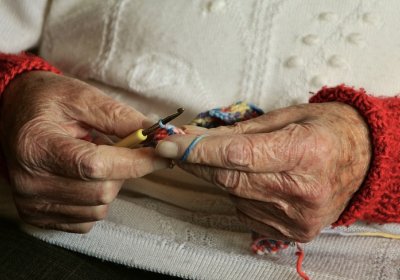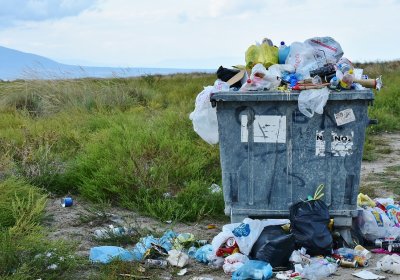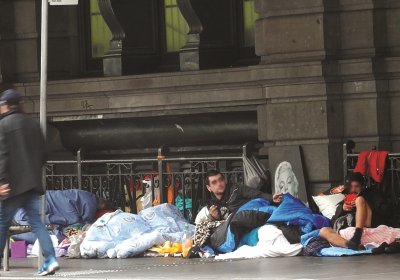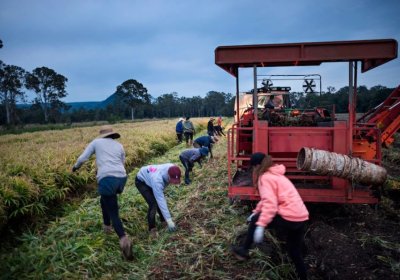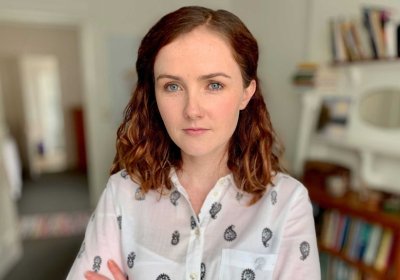The aged care system is showing all the signs of just how a degraded privatised sector works, writes Katherine Davis.
Analysis
We are often told that plastic waste contaminating land and waters is “recyclable”. It could be but, as Patrick McDonald explains, government support for the fossil fuel industry means that the plastics being produced are not.
Sam Wainwright looks at what's behind Peter Dutton's fanatical determination to deport Tamil asylum seekers Priya, Nades and their two young daughters to Sri Lanka.
A special inquiry into the Ruby Princess debacle has found authorities made “serious mistakes”, some even “inexcusable”. However, as Jim McIlroy reports, it did not recommend any action be taken against them.
There are solutions to the housing crisis, but they require public investment and a shift away from the commodification of housing, argues Jacob Andrewartha.
Three unions have called for the scrapping of the working holiday visa program, claiming it will lead to better wages. But will it? Or is it an excuse to scapegoat and play the nationalist card, asks Zane Alcorn.
Union organiser Sarah Hathway will contest the City of Greater Geelong local council elections on a platform focussed on meeting community needs, reports Sue Bull.
As the pandemic drags on, it's natural to long for a vaccine that will fix it. But, as Martin Wolterding and Coral Wynter explain, that may be harder to do than first thought.
Dan Lanzini and Gomilleroi man Kodi Brady are committed to saving the Pilliga State Forest. They spoke to Green Left about why they are against Santos’ push to set up industrial-scale coal seam gas wells in the last remaining substantial temperate forest in Australia.
A new ACCC report has identified major weaknesses in the water market, but recommends more of the same, reports Tracey Carpenter.
In our latest podcast, Green Left sits down with Alison Pennington, a senior economist at the Centre for Future Work, to discuss the economic implications of the COVID-19 pandemic, the federal government's response and alternatives to austerity and deregulation.
Every day of the pandemic generates more proof that corporate vampires are in charge of the blood bank, writes Peter Boyle.
- Previous page
- Page 109
- Next page
